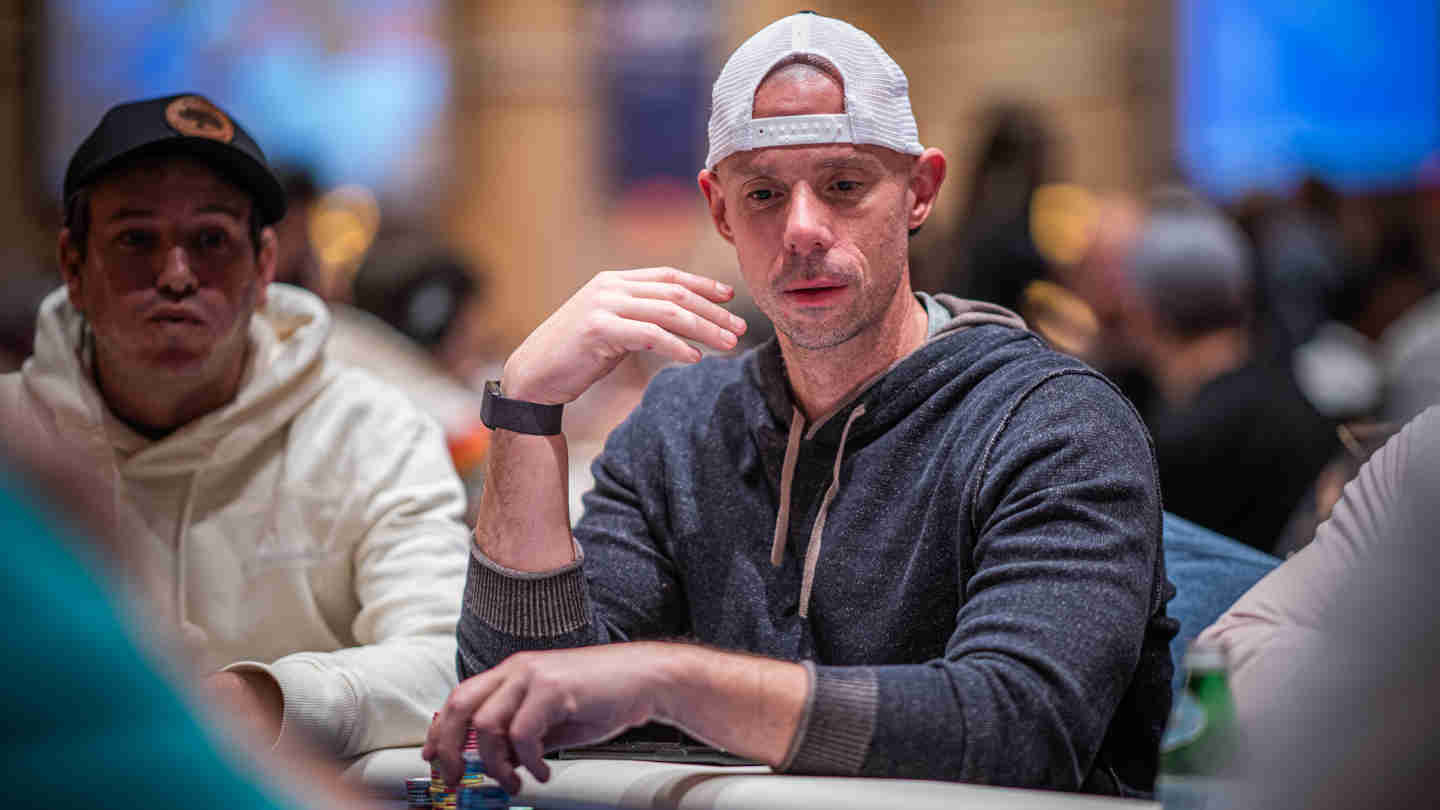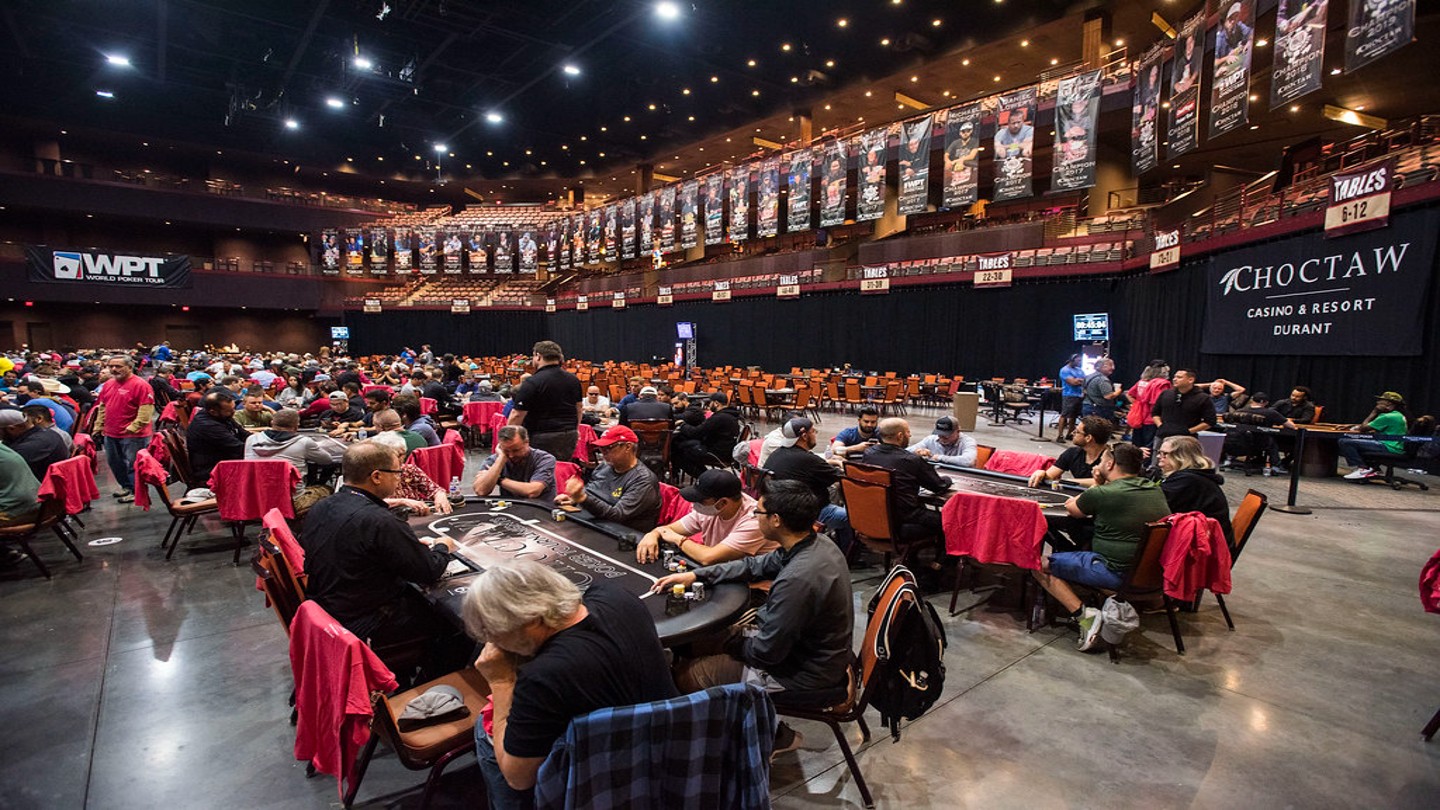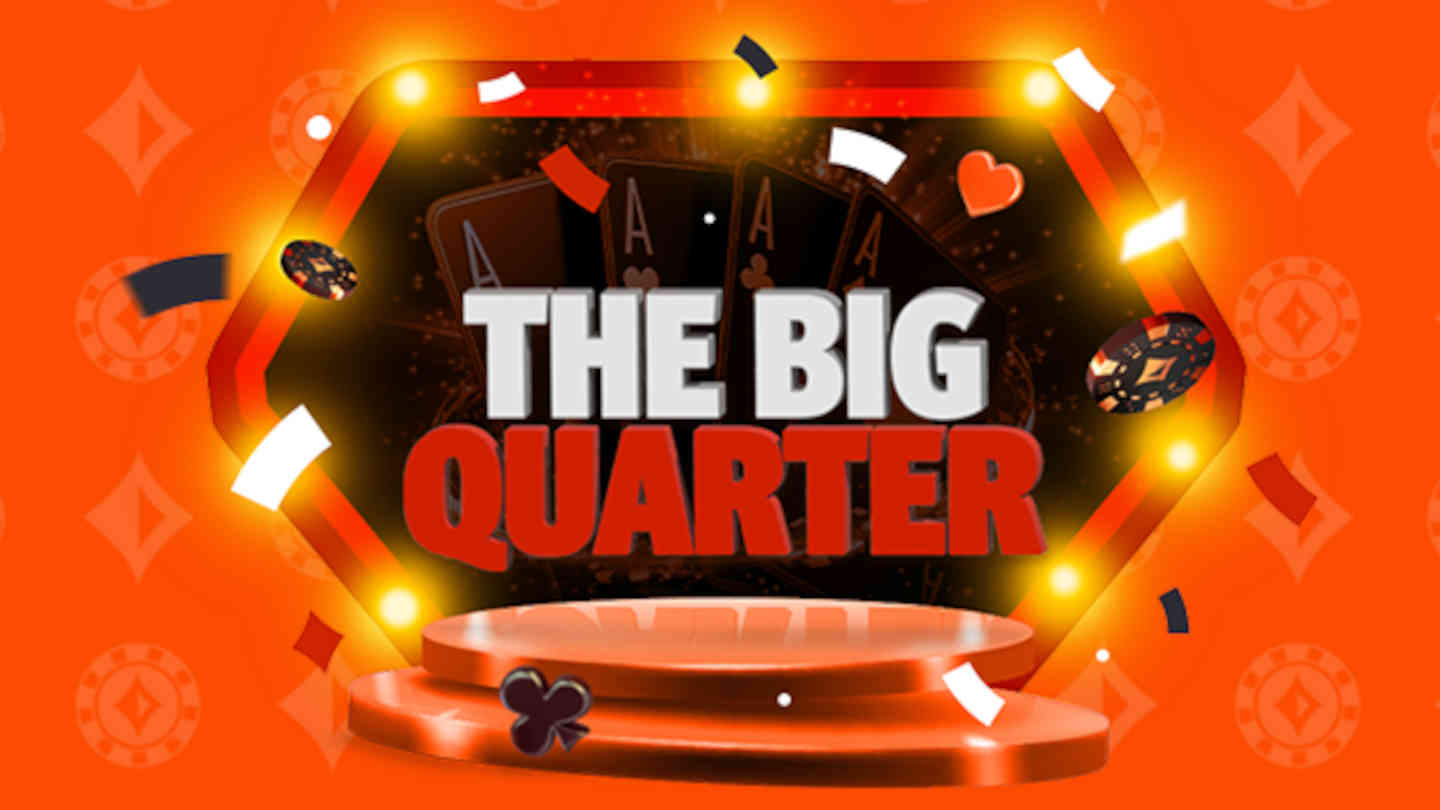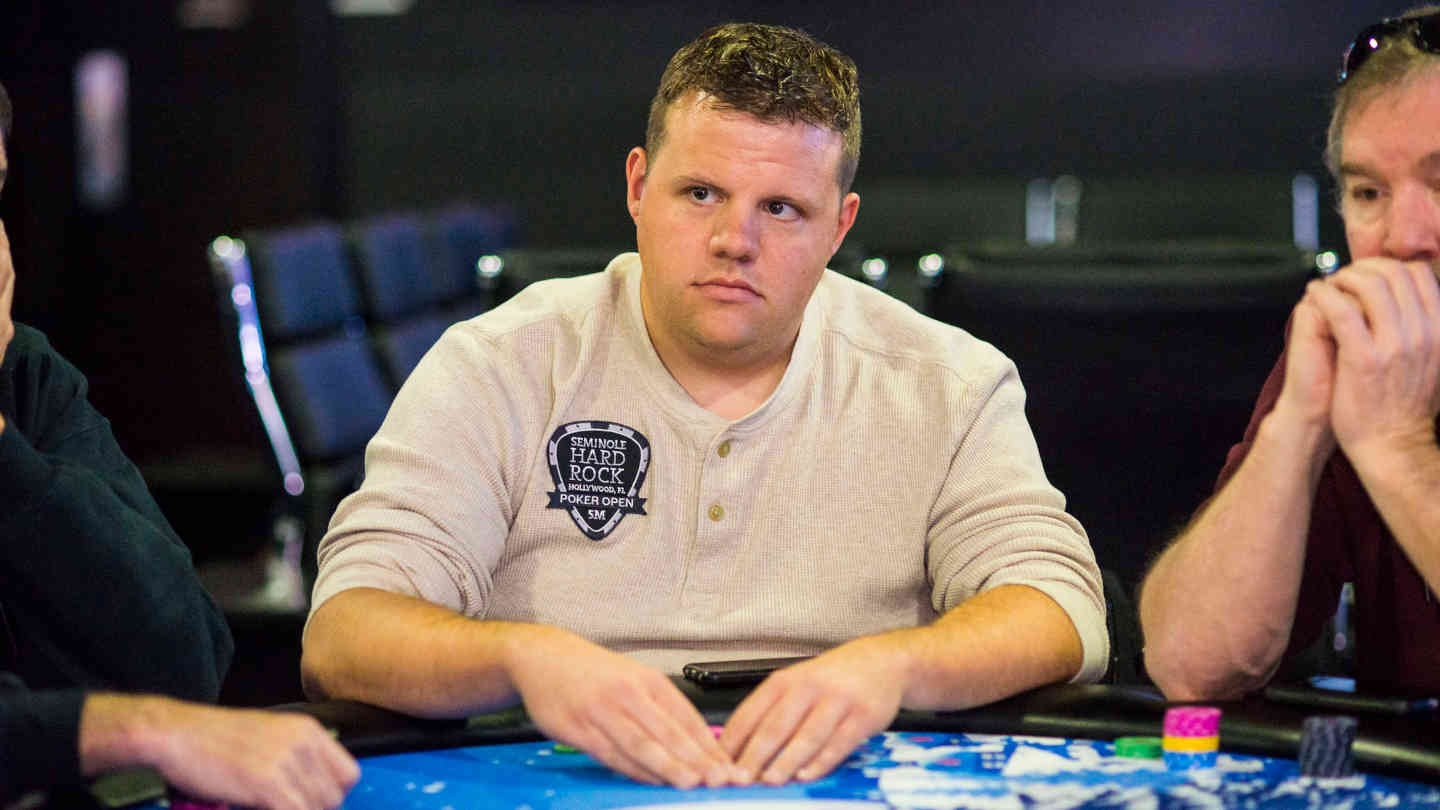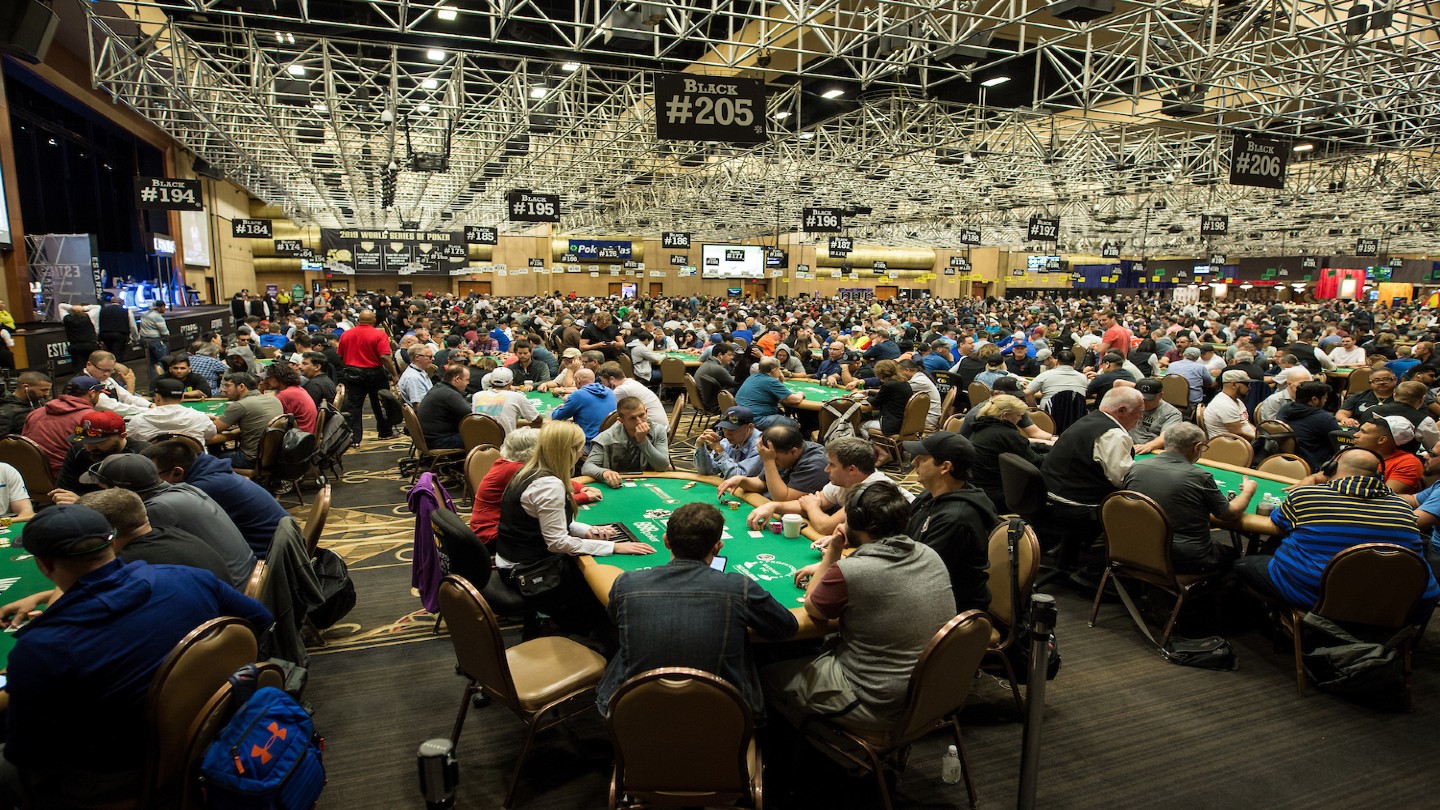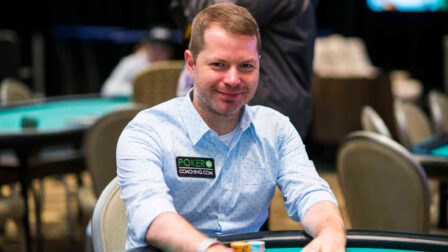How to Study Poker the Right Way with Matt Affleck
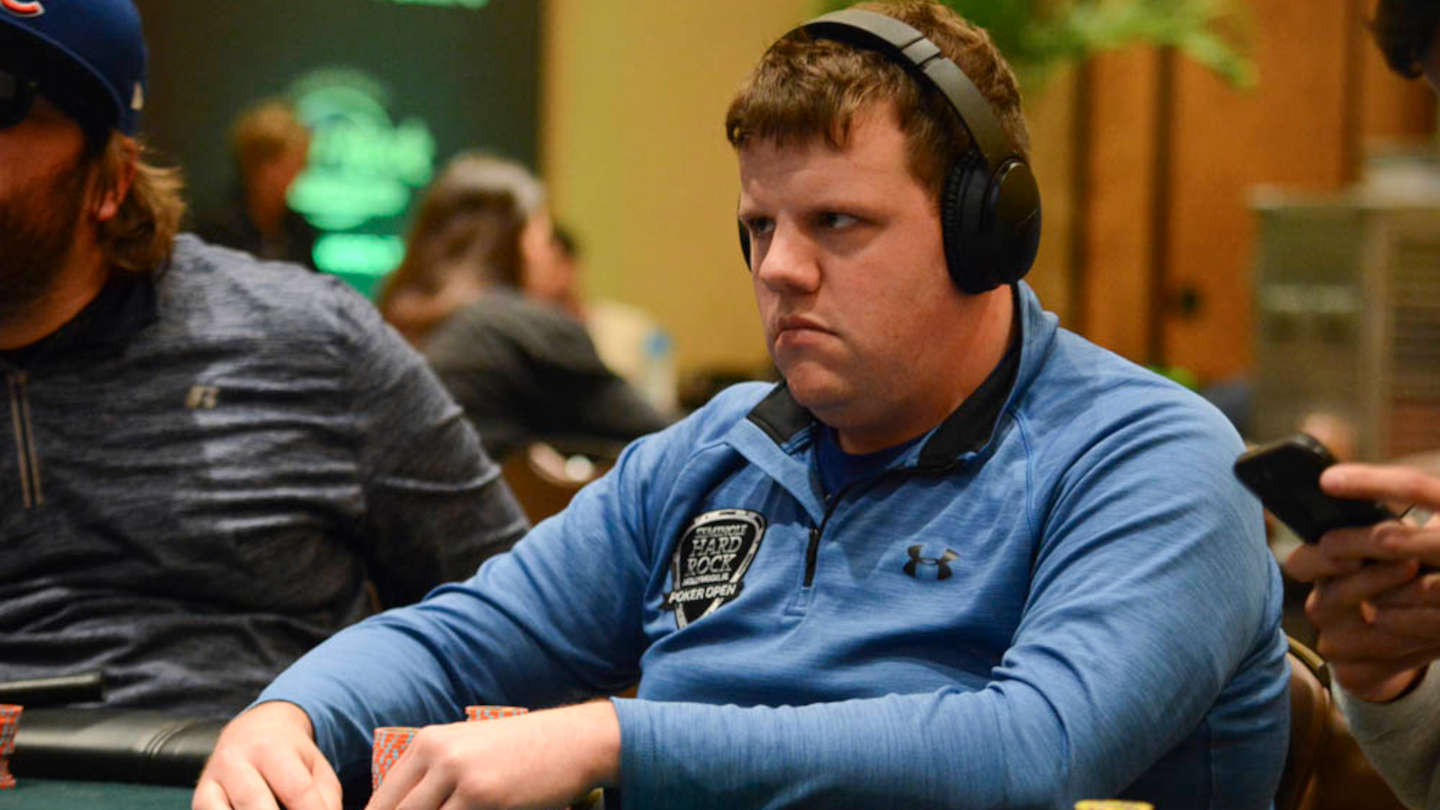
6 minutes
Last Updated: December 22, 2023
If you want to increase your edge at the tables even further, make sure to check the Pokercoaching training site.
…
Some people play poker just for fun, and those people don’t have to study the game. Some do it to make side income, but have limited time on their hands, so don’t really have enough time to put in any significant studying work.
For serious players wanting to make a living playing poker, however, studying the game is mandatory. To stay ahead of the curve, you need to constantly work on your play and keep improving.
There are different types of studying, and I’ll cover some of those in this article. The most important thing to emphasize right at the start that it is more about efficiency than anything else.
An hour of efficient and focused studying can be more valuable than two or three hours lacking focus and proper organization.
Drill Work: Quick, Easy, and Important
This is a very quick and simple way of studying that comes with instant feedback – similar to flash cards for different tests. This type of work can help you continue to improve every single day.
Drill work is perfect for studying things such as preflop and push-fold ranges or practicing your GTO game by playing against computer opponents. Pokercoaching.com quizzes are also a great way to do some work and get your head in the right space just before a session.
For push-fold ranges, you can software like HoldemResources Calculator (HRC), and this type of work is essential if you play a lot of tournaments. The software allows you to set up different stack sizes and practice for situations that keep coming up.
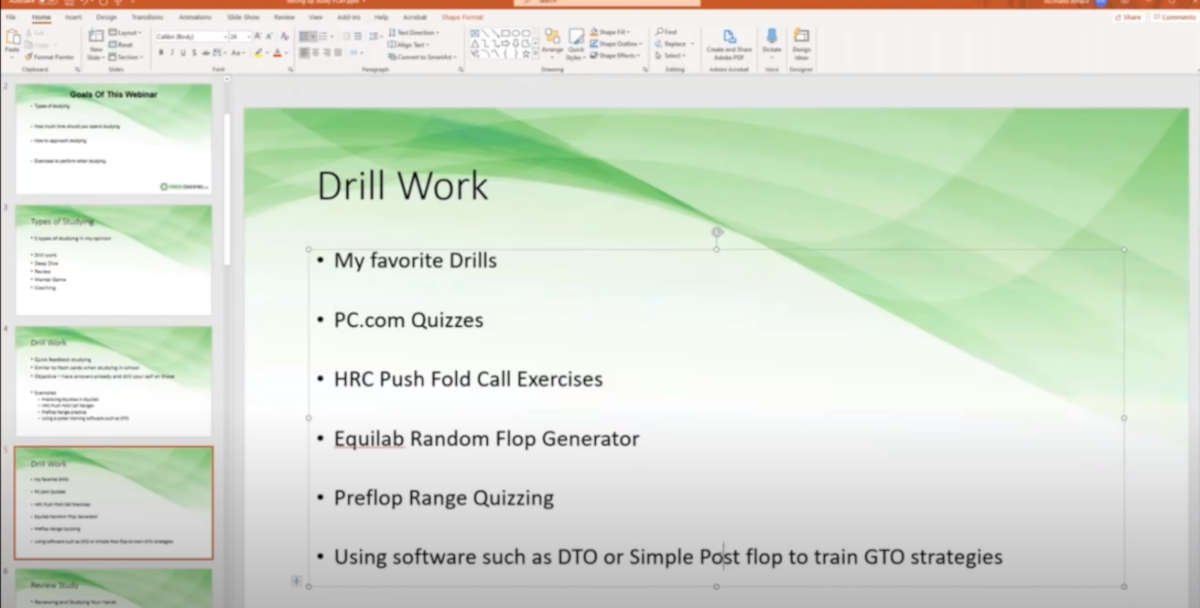
Hand Reviews: Analyzing Your Own Game
The first thing you need to learn is how to mark hands in Poker Tracker. There are all sorts of different tags you can use to mark the hands for later review. Whenever there is a spot that I don’t know what to do in the game, I mark it to review it later.
The goal with this process is to go through some of the hands that you played, check the action and stats, and make sure that all numbers are aligned properly.
To explain the process, here’s one hand that I marked during the session. We are on the button with 7♦7♣. Blinds are 2,500/5,000 and we have 40 big blinds effective. A good regular makes it 10,000 from early position and the flop comes Q♥9♠2♠.
The opponent bets 10,000 again, and I make a standard call. The turn is where things get interesting, as it comes 4♣, bringing another club, and the opponent checks to us.
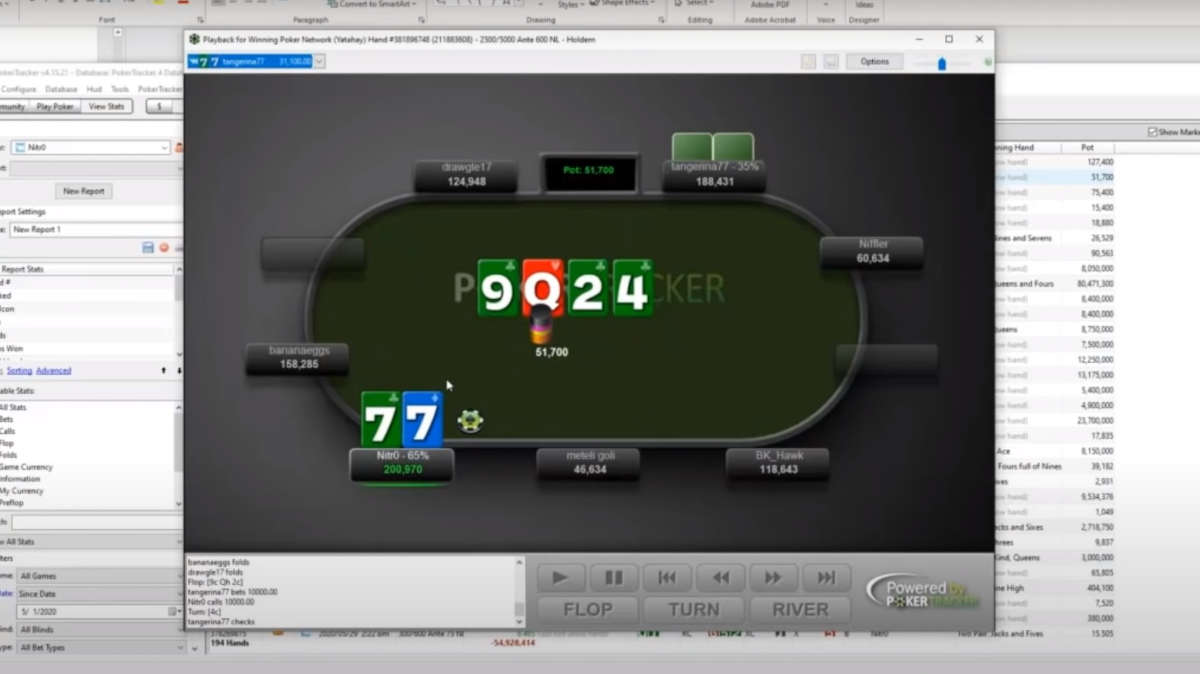
I wasn’t sure if I was supposed to check back here or start betting to turn our hand into a bluff. I ended up checking and folding to a big bet on the 3♠ river.
So I ran this hand through PioSOLVER and did a bunch of different betting options. As it turns out, my hand is a pure check on the turn as we have a lot of other hands that we want to start bluffing with in this spot that don’t have as much showdown value.
As for the river, the hand is a mix of folds and calls, and we should lean towards folds because the opponent probably doesn’t find enough bluffs in this spot.
This is a short demonstration of the process that goes into analyzing poker hands that I’m unsure about during the play. Of course, some spots may require deeper analysis, and you can go as wide as you want in any given spot, using the software to check out all the different scenarios.
Deep Dives: Doing the Nitty-Gritty Work
This type of studying is more intense than the previous two, as this is where you learn new things instead of just making slight improvements on things you already know.
Deep dives are usually topic or situation-based. For example, you want to learn more about check-raise spots, 3-betting scenarios, or 40 big blinds play UTG vs. button.
If you don’t have poker software like PioSOLVER, you can find classes, webinars, and quizzes on Pokercoaching.com covering specific topics you want to look into. Go through the materials and then go back to your hands and isolate specific spots that line up with the topic you’re studying.
The biggest tip I have with watching videos is – you should be pausing, taking notes, and answering questions before the instructor. A lot of these webinars are very dense and you may need to watch them a couple of times to fully understand them and get the full value out of them.
Mental Game: A Lot to Deal With
Poker is not how it was eight years ago where you could read a good poker book and make money. The competition has grown much tougher, and to thrive, it is very important to perform at your peak.
There are many quality resources out there, but I can wholeheartedly recommend Mental Game of Poker 1 and 2 books. These will help significantly improve your mental game.
That said, you should really do the work and complete different drills and exercises in the books. By doing this, you’ll get the best value out of the provided materials.
Poker Coaching: For Serious Players
Poker coaching isn’t for everybody, but for serious players wanting to make living playing the game, one-on-one coaching can be very beneficial.
A poker coach can help you identify and remove leaks from your game. However, for this to happen, you need to come to your coaching sessions prepared and ready to ask some questions.
I can tell anyone what to do, but it won’t stick. Students who put the most work into it are the ones that get the most out of coaching. Do work on your own before asking the coach and make sure to re-watch your coaching sessions to get points to stick.
Another way to improve is by find a group of two to three people that have the same goals and passion that you do. You can do hand history reviews, deep dives, and drills together, which can go a long way towards improving your results.
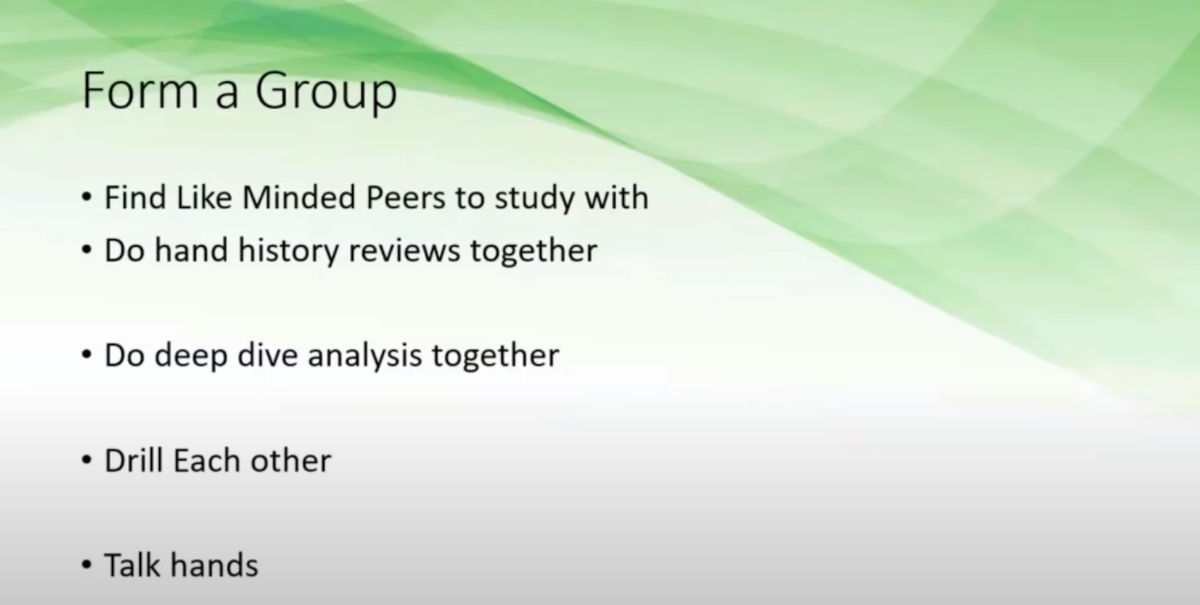
How Much Should Time Should You Spend Studying Poker?
People often ask me how much time they should spend studying, and that’s the question I can’t answer for you. It depends on what your motivation goals in poker are.
Are you playing for fun, to make money, or as an intellectual challenge? If you have about 40 hours a week reserved for poker, I would say 30 hours of play and 10 hours of study is the right balance.
You should see studying as investing in your future as you’ll gradually improve your win-rate.
Once again, poker has changed, and you can no longer crush the games by reading a poker book or two. Many players who used to be winners can no longer beat the game because they didn’t study enough and were left behind.
There are so many resources out there. There is no reason not to take advantage of these and improve your game – there are only excuses. So, the only real question that needs answering is – what do you want to achieve with poker?
Set your goals and break them down. Figure out how much time you want to spend doing different types of studying to maximize your performance. Start studying the game regularly, and results are guaranteed to come!







